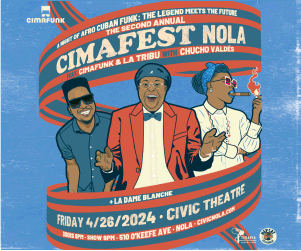[adrotate banner="48"]
Ellis Marsalis makes it clear that his impressive, 60-year-plus career as a musician was not planned. The noted pianist, educator and patriarch of the musical Marsalis family still remembers years ago when a young high-school girl interviewed him and her first words were, “During your career... ”
“When she said that, I paused in my mind and ...




